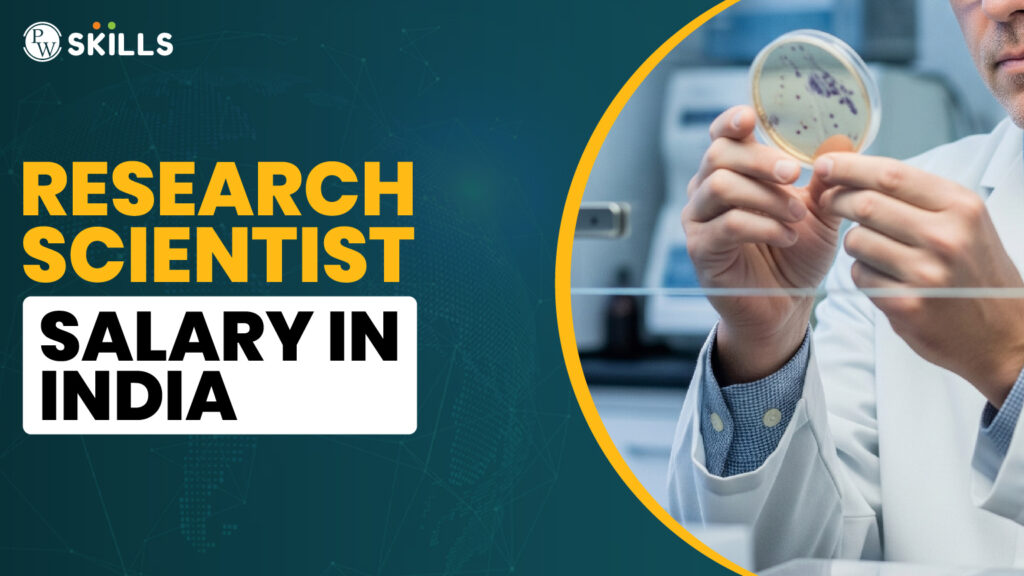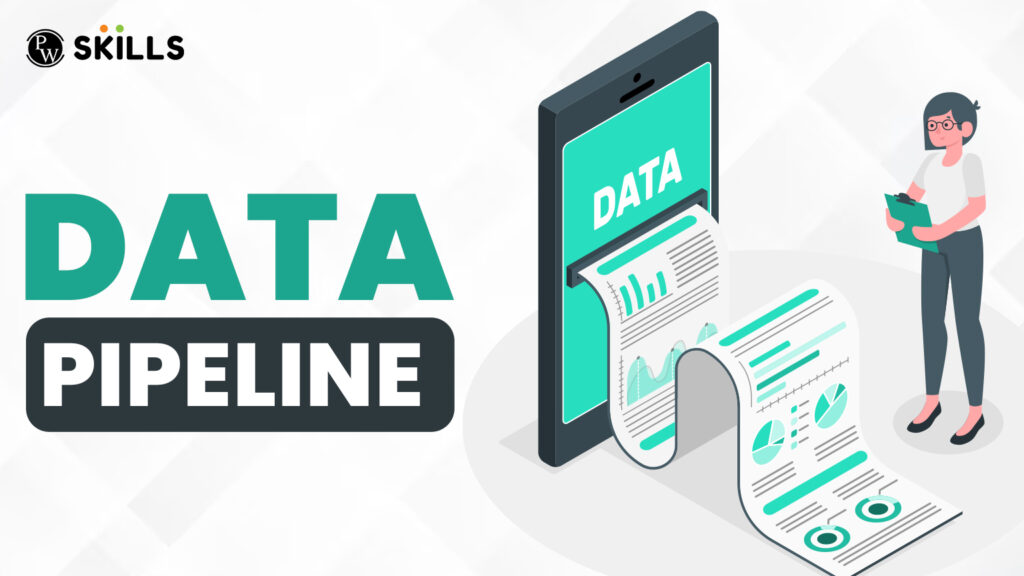In this blog, we will discuss the key differences between Data Science and DataOps, and how they complement each other to form a seamless and efficient data pipeline.
What is Data Science?
Data Science is a field that uses scientific and mathematical methods, processes, algorithms, and systems to extract insights and knowledge from structured and unstructured data. It is an interdisciplinary field that draws on techniques from computer science, statistics, mathematics, and domain expertise to extract actionable insights from data.
The goal of the Data Science course is to use data to inform and guide decision-making, and to create new opportunities for businesses and organizations. To achieve this, Data Scientists collect and analyze large datasets, build models that help understand patterns in the data, and use these models to make predictions about future events.
Data Science has become increasingly popular in recent years due to the growth in the amount of data generated by businesses and individuals alike. With the rise of big data, Data Science has become an essential tool for organizations looking to harness the power of data to gain a competitive advantage.
What is DataOps?
DataOps is a set of practices and processes that aim to improve the speed, quality, and reliability of the data pipeline. It is concerned with the deployment, maintenance, and monitoring of data pipelines, and the coordination of the different teams and stakeholders involved in the data pipeline.
The goal of DataOps is to increase the efficiency and reliability of the data pipeline and to reduce the time it takes to get insights from data to the hands of decision-makers. By streamlining the data pipeline, DataOps helps organizations to respond more quickly to changes in the business environment, and to make better use of their data.
DataOps is a collaborative approach that involves data scientists, developers, IT operations, and business stakeholders. By working together, these teams can identify and resolve bottlenecks in the data pipeline, and ensure that the data pipeline is running smoothly and efficiently.
Key Differences between Data Science and DataOps
While Data Science and data ops are both concerned with data, they are two distinct fields that serve different purposes. The following are some of the key differences between Data Science and DataOps:
Focus
Data Science is focused on the development of models and algorithms to extract insights from data, while data ops is focused on the processes and practices that enable the deployment, maintenance, and monitoring of these models in production.
Techniques
Data Science draws on techniques from computer science, statistics, mathematics, and domain expertise to extract insights from data, while DataOps relies on software engineering and IT operations to ensure the smooth running of the data pipeline.
Stakeholders
Data Science is usually carried out by data scientists and statisticians, while DataOps involves data scientists, developers, IT operations, and business stakeholders.
Goals
The goal of Data Science is to use data to inform and guide decision-making, while the goal of data ops is to increase the speed, quality, and reliability of the data pipeline.
Why do Data Science and data ops need each other?
While Data Science and data ops are two distinct fields, they complement each other to form a seamless and efficient data pipeline. Data Science provides the insights and predictions that drive decision-making, while DataOps ensures that these insights are delivered to decision-makers in a timely and reliable manner.
Science models are only as useful as they are deployed and maintained in production. By having a well-designed and optimized data pipeline, DataOps enables Data Science models to be used effectively, leading to better decision-making and improved business outcomes.
On the other hand, Data Science is critical to the success of DataOps. Without the insights and predictions generated by Data Science models, the data pipeline would be limited to just collecting, storing, and transmitting data, with no real value added. By working together, Data Science and DataOps create a feedback loop, where insights generated by the models drive continuous improvement of the data pipeline, leading to better and more valuable insights.
In summary, Data Science and data ops are two distinct yet closely related fields that work together to create a seamless and efficient data pipeline. Data Science provides the insights and predictions that drive decision-making, while DataOps ensures that these insights are delivered to decision-makers in a timely and reliable manner. By working together, Data Science and DataOps create a feedback loop, leading to better and more valuable insights.
Data Science
Data Science is a multi-disciplinary field that involves the use of statistical and computational methods to extract insights and knowledge from data. It involves the use of machine learning algorithms, data visualization techniques, and mathematical models to analyze and interpret complex data sets. A career in data science offers numerous job opportunities across various industries, including finance, healthcare, retail, and technology. Some of the common job titles in this field include data analyst, data scientist, machine learning engineer, and business intelligence analyst.
DataOps
DataOps is a set of practices and processes that aim to improve the speed, quality, and reliability of data processing and delivery. It involves collaboration between data engineers, data scientists, and business stakeholders to create an efficient data pipeline. A career in DataOps involves working with big data technologies, cloud computing, and automation tools to manage and optimize data workflows. Some of the common job titles in this field include data engineer, data architect, data DevOps engineer, and data analyst.
Both Data Science and DataOps offer lucrative career opportunities and salaries. However, it is essential to have a solid understanding of programming, statistics, and mathematical concepts, as well as a good understanding of big data technologies, databases, and cloud computing.
Conclusion
In conclusion, the fields of Data Science and data ops are essential components of a successful data and analytics strategy. While Data Science is focused on the development of models and algorithms to extract insights from data, data ops is concerned with the processes and practices that enable the deployment, maintenance, and monitoring of these models in production. By working together, Data Science and DataOps create a seamless and efficient data pipeline that drives better decision-making and improved business outcomes.
Frequently Asked Questions(FAQs)
Q1. What is Data Science?
Answer: Data Science is a multi-disciplinary field that involves the use of statistical and computational methods to extract insights and knowledge from data. It involves the use of machine learning algorithms, data visualization techniques, and mathematical models to analyze and interpret complex data sets.
Q2. What are the key skills required for a career in Data Science?
Answer: Key skills required for a career in Data Science include proficiency in programming languages such as Python or R, knowledge of statistics and mathematical concepts, experience with data visualization and machine learning, and strong problem-solving skills.
Q3. What are the common tools used in Data Science?
Answer: Common tools used in Data Science include Python or R programming languages, Jupyter Notebooks, SQL databases, machine learning libraries such as TensorFlow or scikit-learn, and data visualization tools such as Tableau or Matplotlib.
Q4. What industries hire Data Scientists?
Answer: Data Scientists are in high demand across various industries, including finance, healthcare, retail, technology, and e-commerce.
Q5. What is the average salary for a Data Scientist?
Answer: The average salary for a Data Scientist varies depending on the industry, location, and years of experience. According to Glassdoor, the average salary for a Data Scientist in the United States is around $120,000 per year.






